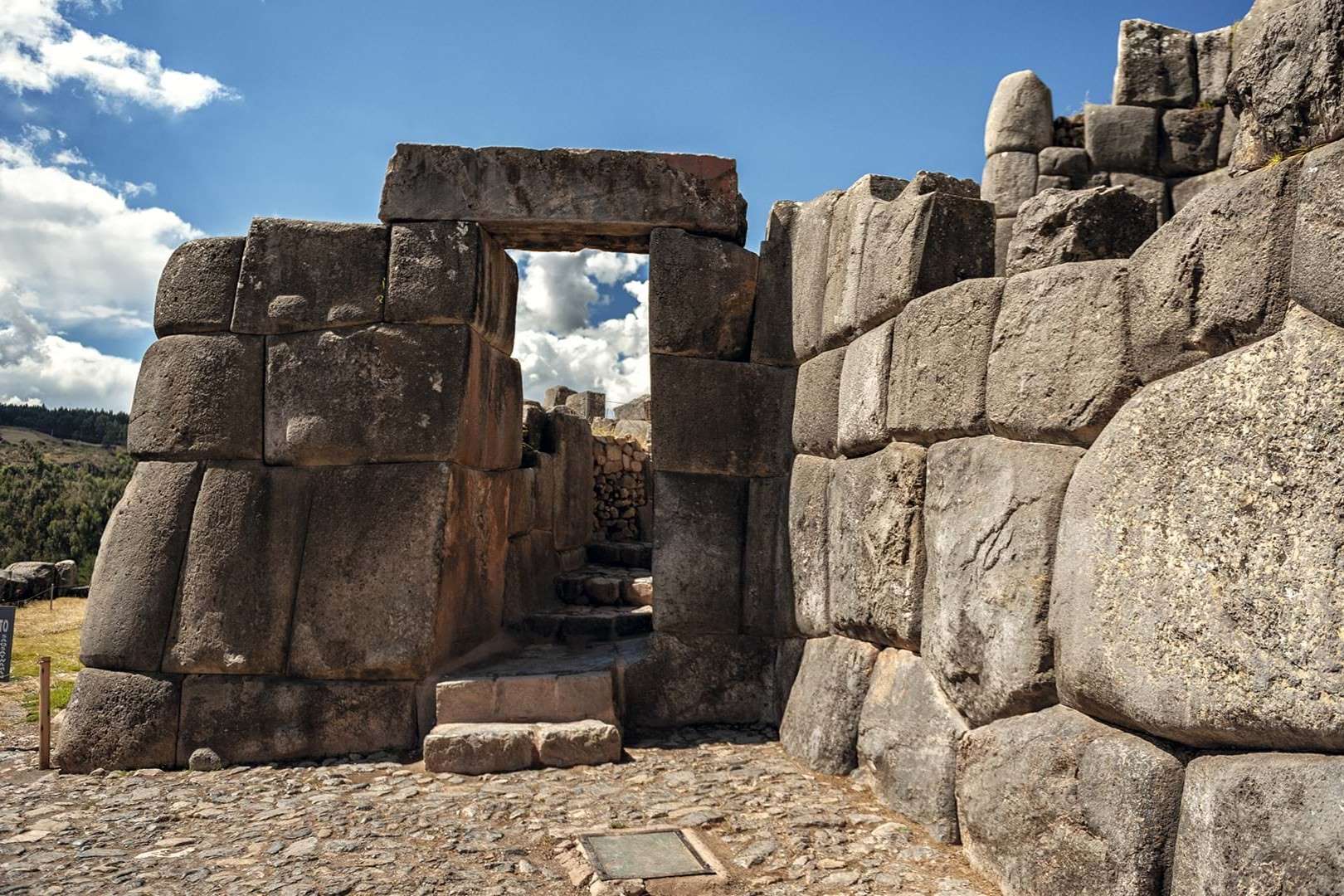
What is the Apostolic Decree, and why does it matter? The Apostolic Decree, also known as the Jerusalem Council's Decree, is a cornerstone document in early Christian history. Issued around 50 AD, it addressed a heated debate: Should Gentile converts to Christianity follow Jewish laws, including dietary restrictions and circumcision? This decree emerged from the Jerusalem Council, led by key figures like James, Peter, and Paul. It concluded that Gentiles did not need to adhere to Jewish customs but should abstain from certain practices like eating meat sacrificed to idols and fornication. This decision promoted unity and diversity within the early Christian community, shaping the faith's future.
What is the Apostolic Decree?
The Apostolic Decree, also known as the Jerusalem Council's Decree, is a significant document in early Christian history. It addressed whether Gentile converts needed to follow Jewish law. Let's dive into some fascinating facts about this decree.
-
Historical Context: The Apostolic Decree emerged to resolve whether Gentile converts had to observe Jewish customs, including circumcision and dietary laws.
-
The Jerusalem Council: This decree was the result of the Jerusalem Council, a gathering of apostles and Christian leaders around 50 AD.
-
Leadership: James, the brother of Jesus, led the council. He played a key role in mediating between Jewish and Gentile Christians.
-
Peter's Role: Peter, one of Jesus' twelve apostles, significantly influenced the council. His previous actions, like eating with Gentiles, showcased acceptance and unity.
-
Paul's Involvement: Paul, a major figure in early Christianity, attended the council. His work among Gentiles raised questions about the necessity of Jewish law for converts.
Theological Debates and Decisions
The council's discussions were deeply theological, focusing on the implications of Gentile conversion. Here's what they debated and decided.
-
Theological Debate: The council debated whether Gentiles needed to follow Jewish law to be fully part of the Christian community or if faith in Jesus was enough.
-
Decision-Making Process: The apostles combined prayer, fasting, and seeking divine guidance to resolve the issue.
-
The Decree’s Content: The Apostolic Decree outlined that Gentiles didn't need to follow Jewish dietary laws or circumcision but had to abstain from meat sacrificed to idols, blood, things strangled, and fornication.
Specific Guidelines for Gentile Converts
The decree provided clear guidelines for Gentile converts, balancing respect for Jewish customs with the new faith's principles.
-
Abstaining from Meat Sacrificed to Idols: Gentiles were to avoid meat sacrificed to idols to prevent idolatry and maintain faith integrity.
-
Abstaining from Blood: The decree required Gentiles to abstain from blood due to its cultural and religious significance.
-
Abstaining from Things Strangled: Gentiles were instructed to avoid things strangled, another measure to prevent idolatry.
-
Abstaining from Fornication: The decree emphasized abstaining from fornication to maintain the community's moral purity.
Major Concessions and Their Impact
The decree made significant concessions, particularly regarding circumcision and dietary laws, which had lasting impacts on Christianity.
-
No Circumcision Required: Circumcision was not required for Gentile converts, recognizing their equality in God's eyes.
-
No Dietary Laws Required: Gentiles didn't need to follow Jewish dietary laws, allowing them to eat without worrying about idol sacrifices.
Promoting Unity and Diversity
The Apostolic Decree aimed to unify early Christians while respecting their diverse backgrounds.
-
Unity and Diversity: The decree promoted unity among Christians, acknowledging different practices but emphasizing faith in Jesus.
-
Missionary Implications: The decree allowed missionaries like Paul to spread the gospel without enforcing Jewish law.
Responses and Theological Significance
The decree's impact extended beyond its immediate context, influencing theological discussions and Christian history.
-
Paul’s Response: Paul wrote to the Galatians, stressing that faith in Jesus was sufficient for salvation, not circumcision.
-
Theological Significance: The decree highlighted the tension between Jewish and Gentile Christianity and the early church's efforts to resolve it.
Lasting Historical Impact
The Apostolic Decree set a precedent for future Christian doctrine and practice, particularly regarding Gentile converts.
-
Historical Impact: The decree influenced how future Christians approached doctrine and practice, especially with Gentile converts.
-
Continued Relevance: Despite being over 1,900 years old, the decree's principles of unity, diversity, and core faith tenets continue to guide Christian communities today.
The Lasting Impact of the Apostolic Decree
The Apostolic Decree stands as a cornerstone in early Christian history. It addressed the hot-button issue of whether Gentile converts needed to follow Jewish law. By deciding that faith in Jesus Christ was enough, without the need for circumcision or strict dietary laws, the decree promoted unity and diversity within the early church. This decision allowed Paul and other missionaries to spread the gospel more freely, focusing on the core message rather than cultural practices.
The decree's guidelines—abstaining from meat sacrificed to idols, blood, things strangled, and fornication—were practical measures to maintain the integrity of the faith. These principles continue to influence Christian theology and practice today. The Apostolic Decree not only resolved a significant controversy but also set a precedent for how the church would handle doctrinal issues, ensuring that the core tenets of faith remained central.
Was this page helpful?
Our commitment to delivering trustworthy and engaging content is at the heart of what we do. Each fact on our site is contributed by real users like you, bringing a wealth of diverse insights and information. To ensure the highest standards of accuracy and reliability, our dedicated editors meticulously review each submission. This process guarantees that the facts we share are not only fascinating but also credible. Trust in our commitment to quality and authenticity as you explore and learn with us.


